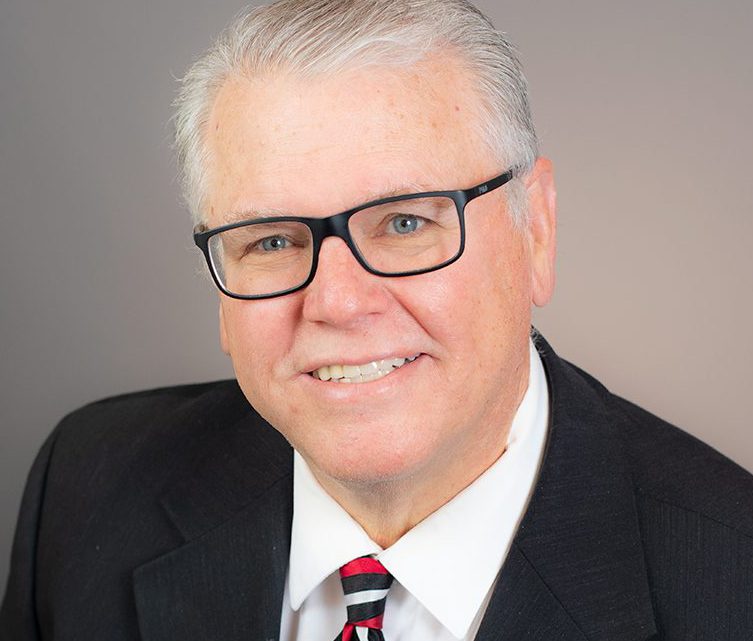I will never forget the moment I was handed a rather expensive farewell gift from my supervisor at the last moment, as my family’s belongings were being loaded on the moving truck. I politely (and I hope graciously) accepted the gift and very soon afterward we were in our car beginning our drive to new responsibilities.
It was the first time I had received a gift that left a pit in my stomach. Honestly, I didn’t want a gift from this boss. He and I both knew I had seen him do a number of underhanded maneuvers that were outright unethical. He and I both knew it was time for me to go and the gift felt more like a bribe than a thoughtful gesture. He had been “a bad boy” and he knew it and I knew it.
I had bosses before him who were not the greatest leaders, but none of them resorted to the kind of manipulation I saw in him. Frankly, I was disillusioned over my experience and was leery about how my future career was going to work out. I’m so thankful that my next leader was one of the best I ever worked for, and I found him to be filled with integrity.
A defining encounter
It wasn’t until years later that I finally understood how to put my journey in context with the different leaders I had encountered along the way. I was flying home from California, and by an unbelievable miracle Dr. Juan Prestol was seated next to me. At that time he was the treasurer of the General Conference of Seventh-day Adventists and had earned a PhD in leadership. I asked him his philosophy of leadership and he said, predictably, “servant leadership as Christ modeled is of first importance.” However, he went on to say that in addition to servant leadership “authentic leadership” is what he strives to bring to the table and what we need more of in our church.
I asked Dr. Prestol how he defined authentic leadership and he began to outline his four pillars of authentic leadership. As he spoke, something clicked inside me and finally I was able to articulate what I have come to believe biblical leadership looks like. I am sharing with you the first pillar today and will talk about the other three pillars in future articles.
#1 know thyself
The first pillar of authentic leadership is self-awareness (“know thyself”). This might seem strange at first, but it truly is important if we want to be authentic, Christ-centered leaders. This is true whether you are the Pathfinder leader at a local church, or a part of the Pathfinder leadership at the General Conference. In essence, being self-aware is about being able to evaluate yourself honestly, to keep your emotions in line with the values you hold, and to have a clear understanding of how you are viewed by others.
important if we want to be authentic, Christ-centered leaders. This is true whether you are the Pathfinder leader at a local church, or a part of the Pathfinder leadership at the General Conference. In essence, being self-aware is about being able to evaluate yourself honestly, to keep your emotions in line with the values you hold, and to have a clear understanding of how you are viewed by others.
I once worked with a principal of a school who was excellent at his job. He was creative, energetic and a skilled communicator. He had one achilles heel, though; he was a bad sport. He loved to play intramural sports with the students but would lose his temper when he wasn’t winning and lash out verbally and sometimes physically with the students. It broke my heart to watch him lose the respect of the students, faculty and parents when he would have outbursts. I spoke with him privately about his actions on the playing field but he denied he had a problem. This hurt his ability to lead the way he wanted to lead the school.
In the first example I shared about an unethical boss, the man evidently was unable to see how his manipulative tactics hurt people and discredited his leadership. He was completely unaware how transparently divisive his leadership tactics were.
Most of those reading this today are leaders of some type in your church. To be truly authentic, you must have the ability to do honest self-evaluation. It is a gift you can give yourself and those whom the Lord has called you to lead.
Next time, I will talk about the second pillar Dr. Prestol gave me—being genuine as a leader.










